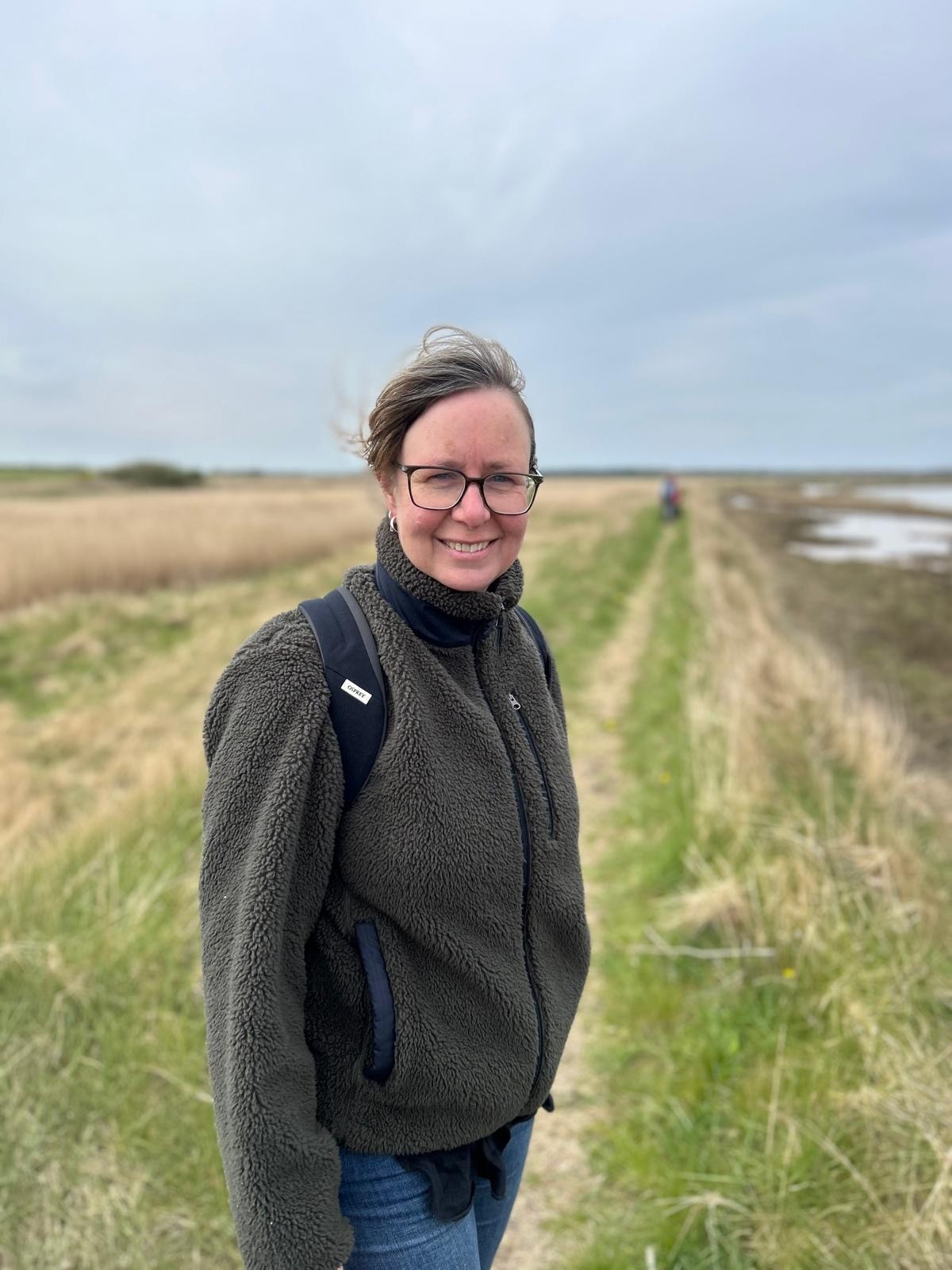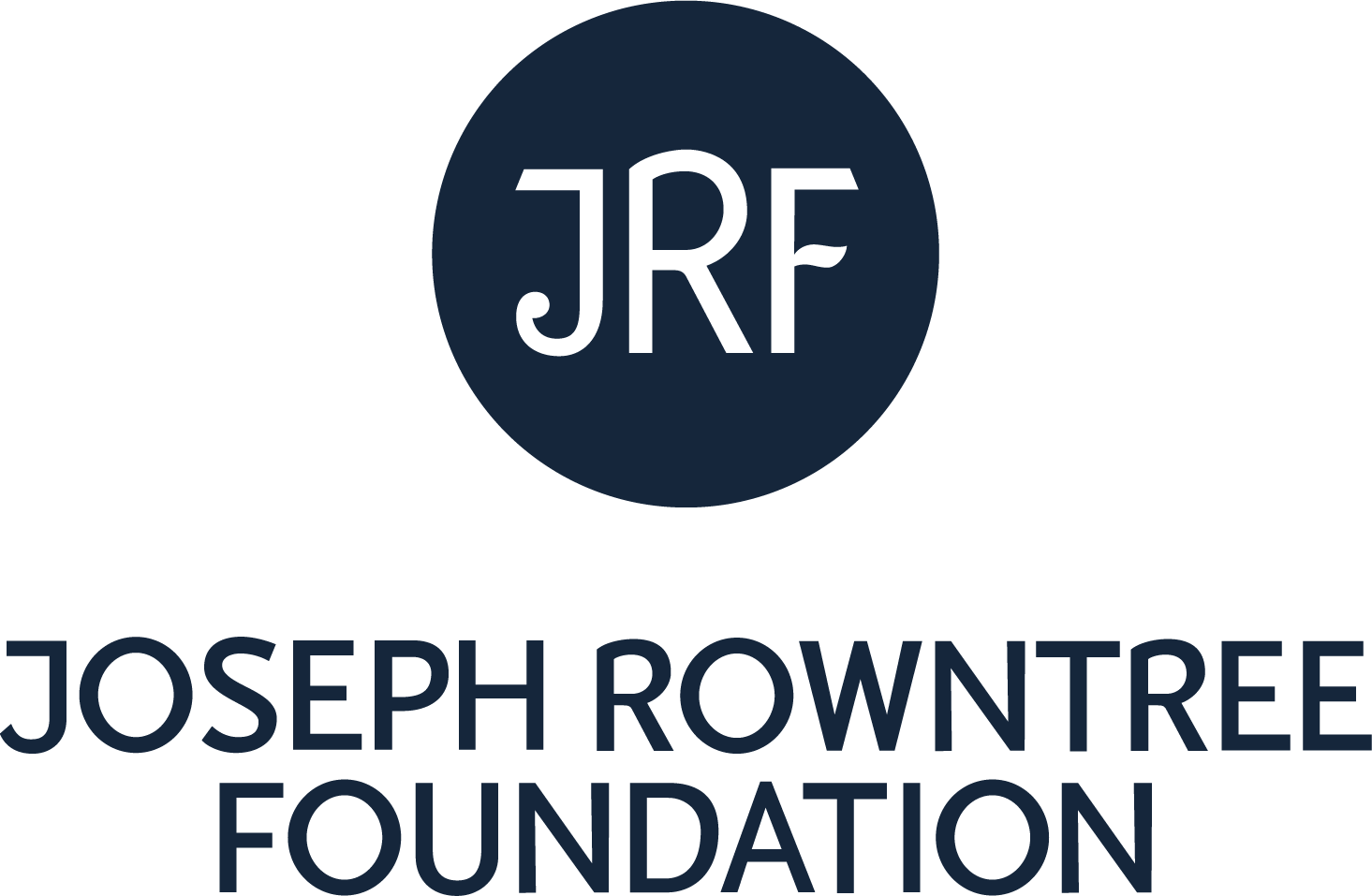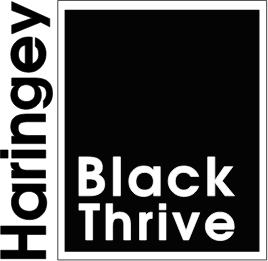About
About
We work in partnership with marginalised communities to generate rigorous, community-driven research that underpins systemic change. By asking different questions, interpreting data together, and building locally grounded evidence, we help ensure that those most affected by injustice are also leading the solutions.
Guiding Principles
Change is Possible
Inequalities affect each community differently. Lasting change requires solutions led by those who experience them firsthand, rather than imposed from the outside.
Knowledge is Power
Marginalised communities are shut out of knowledge production. We help communities build epistemic power — claiming the right to generate knowledge, ask their own questions, and ensure their wisdom is recognised and acted upon.
No Gatekeeping
Knowledge belongs to everyone. We share data, methods, and findings openly, ensuring communities can access, deploy, and build on the research we do with them. All our data, code, and methods are open and freely accessible.
Communities First
Communities know their places best. We provide the tools, resources, and evidence that support locally-led change, working alongside communities rather than for them.
Our Team
Founders
Dr Celestin Okoroji
Co-Founder
Celestin’s focus is in developing the knowledge and tools required for a more just society. A social scientist with mixed methods expertise, Celestin has led research teams across Black Thrive and the Royal Society of Arts as Head of Research. He has collaborated with a range of organisations and funders on impactful research including Wellcome, JRF, Forensic Architecture, Physicians for Human Rights, and across the UK, Europe and the United States. He received his PhD at the London School of Economics and published in a range of areas including race equity, unemployment and epistemic justice.
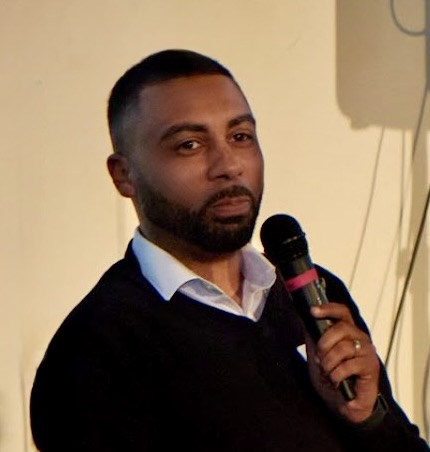
Dr Jolyon Miles-Wilson
Co-Founder
Jolyon focuses on the quantitative and software-driven elements of building tools and practices for a more just society. He completed his PhD in Psychology at the University of Sussex, exploring social injustice and social decision-making. He has worked as a quantitative researcher at Black Thrive and the Royal Society of Arts, leading and contributing to a range of social justice projects. He was Principal Investigator on a Wellcome-funded project examining the relationship between stop and search and young people’s mental health. His practice brings together rigorous quantitative methods with a deep commitment to justice, equity, and community-driven inquiry.
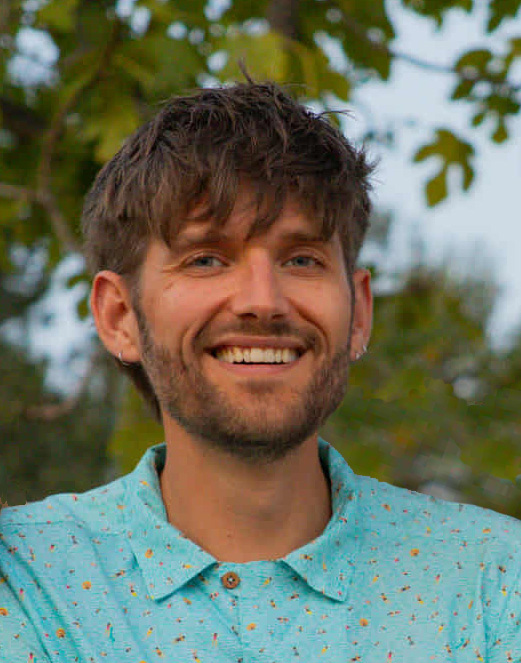
Advisors
Dr Michael Little
Founder - Ratio
Michael is a founder of Ratio. His primary interest is in contributing to an emerging relational social policy, and to fashioning new ways of linking evidence to policy and practice. As an intervention scientist, Michael has led research teams in the UK at Dartington Social Research Unit and in US at the University of Chicago. He has worked with international philanthropy - Bill and Melinda Gates Foundation, Atlantic Philanthropies - and governments in the UK, US, Ireland and Spain. He is the author of a dozen books and over 200 other publications.

Lela Kogbara
Director - Place Matters
Lela is a qualified accountant and was a senior leader in the UK public sector for 25 years, including as Assistant Chief Executive for Islington Council, a director at NHS England and advisor at Department for Education. She was one of the founding directors of Black Thrive Global. Lela is currently Director at Place Matters, a member of NHS England Advancing Mental Health Equality Taskforce, a trustee of DFN Project Search and of Liliesleaf Trust UK, and is on the board of Social Finance.
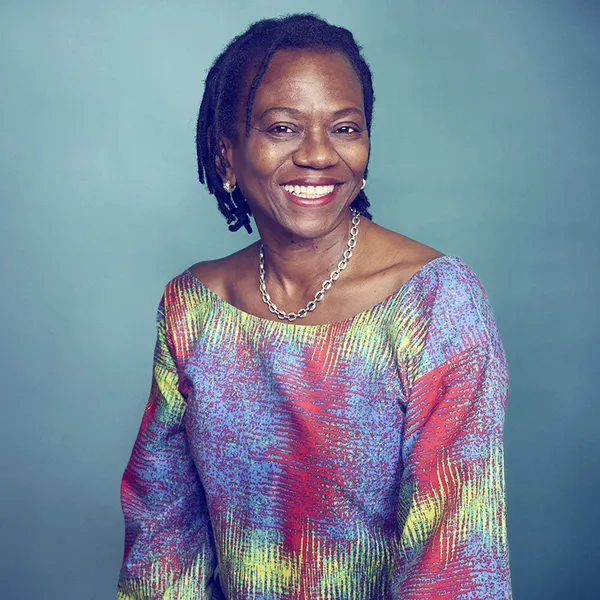
Oliver Burrows
Founder - Treehouse Consultancy
Oliver runs a data analysis consultancy, focusing on economics and geospatial data. He has extensive experience of economic policy analysis, data strategy and data science from his time at the Bank of England, where he held a range of economics positions before becoming the Bank of England’s Chief Data Officer.
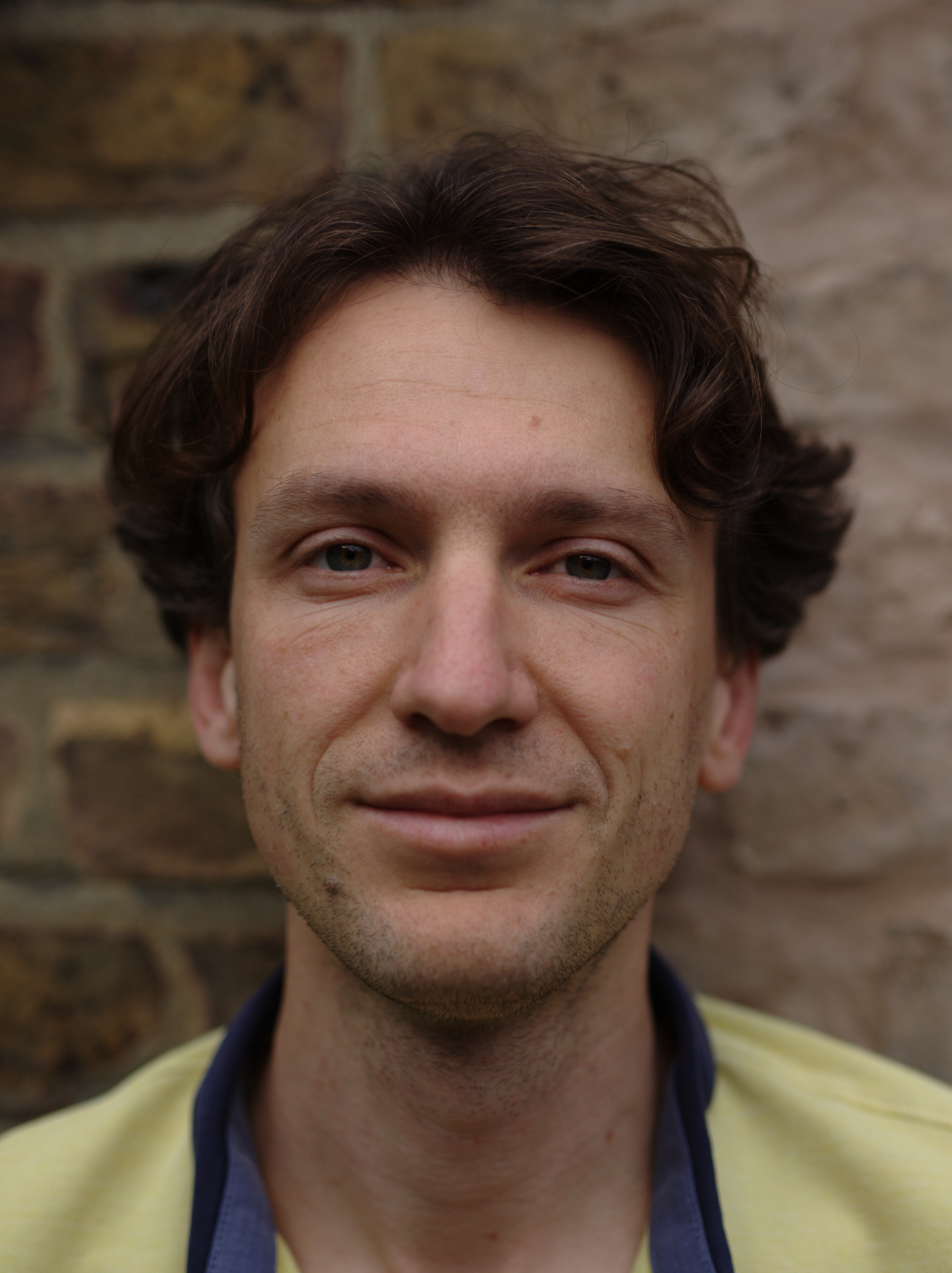
Dr Vanessa Pinfold
Research Director and Cofounder - McPin Foundation
Vanessa has worked in mental health research for 30 years, and has published studies on stigma and discrimination, families and carers, experiences of the mental health system, wellbeing networks and co-production in mental health research. She is now prioritising developing peer research methods and addressing epistemic injustice. Vanessa currently co-chairs the Alliance of Mental Health Research Funders and is co-founder and research director at the McPin Foundation, responsible for overseeing the work of the charity that centres expertise from experience in knowledge production. She previously worked at Rethink Mental Illness and the KCL IOPPN and has a PhD from University of Nottingham, Department of Geography.
